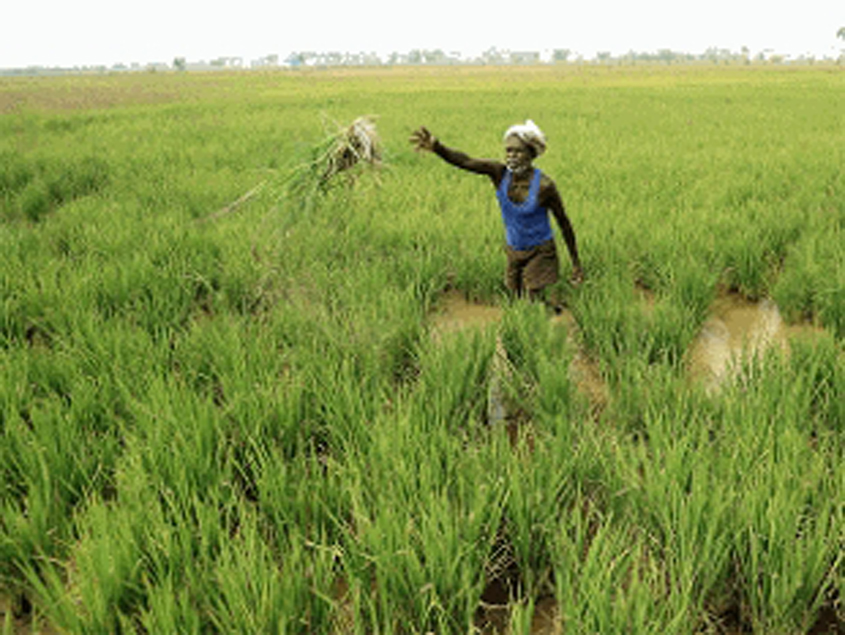Experts have said that the lack of agricultural reforms is a major reason for the rise in demand for loan waiver schemes in many states.
“The loan waiver scheme is a penance for the failure of populist policies of almost all past governments. There is no reason to carry on with the same age-old way of farming in the hyper consumer demand era,” Dr C. Devakumar, former Assistant Director General of the Indian Council of Agricultural Research, told The Sunday Guardian.
“Loan waiver is only a short-term relief. In a globalised economy, production efficiency will determine demand and prices. The time has come to design a checklist to determine viability or otherwise of production of a particular crop in a district and issue advisories to farmers accordingly. Areas low in crop productivity cannot be sustained for marketing. Such areas are like sick industrial units. Farmers in such areas must be skilled in non-farm occupations with due compensation. This will reduce dependence of a large population on primary agriculture. Ignoring the ground reality will hurt us. It is time that the states issue district-wise checklists,” Dr Devakumar said.
The debt relief programme has also failed to provide assistance to landless farm workers who don’t have access to bank loans and some small farmers who depend on money lenders.
According to agricultural experts, about 52% of India’s nine crore agricultural households are indebted. Debts have been recognised as a major cause for farmers’ distress. Experts say that the use of unconditional debt relief to improve living conditions, crop productivity and reduce suicides is a temporary measure and not a permanent solution to farmers’ distress.
A.K. Gupta, professor of agro-economics in Kurukshetra University, Haryana, said: “The country’s agriculture sector needs significant reforms, including land leasing, streamlining the incentive structure to promote private sector investment, as well as policy changes for essential commodities and markets, and for that, political will and help from agricultural experts is needed.”
“The solutions are well-known as they have been articulated at regular intervals over several decades by many committees and commissions, and all revolve around greater market access. While the Centre’s agriculture policy seems focused around export bans and stocking limits, what is required is a policy that allows farmers to access more markets,” Gupta added.
Rajendra Malhotra, a retired scholar from ICAR, said: “A range of agricultural reforms are still pending, a greater link to organised retailers across the country is required, but the policy on FDI in retail continues to remain stuck. Greater development of food processing is required. Also, substituting subsidies like those on fertilisers that only rich farmers corner, by acreage-based unconditional transfers needs to be reformed. The government’s e-NAM (e-National Agriculture Market) initiative directed linking farmers with the market on digital platform, but it is yet to achieve the final goal set under e-NAM.”
“The government’s e-NAM or e-Mandi initiative to link the entire country is a great scheme for the agricultural sector and after getting fully functional can prove beneficial for the farm sector. However, it is not clear whether states will be able to implement e-NAM; the fact is even trades across mandis in the same state are not taking place,” Malhotra added.
In April 2015, Prime Minister Narendra Modi had launched the e-NAM scheme on a pilot basis at 22 mandis in eight states. The target was to integrate 200 mandis by September this year and a total 585 by March 2018. However, the current status of the e-NAM programme is far from the target.

